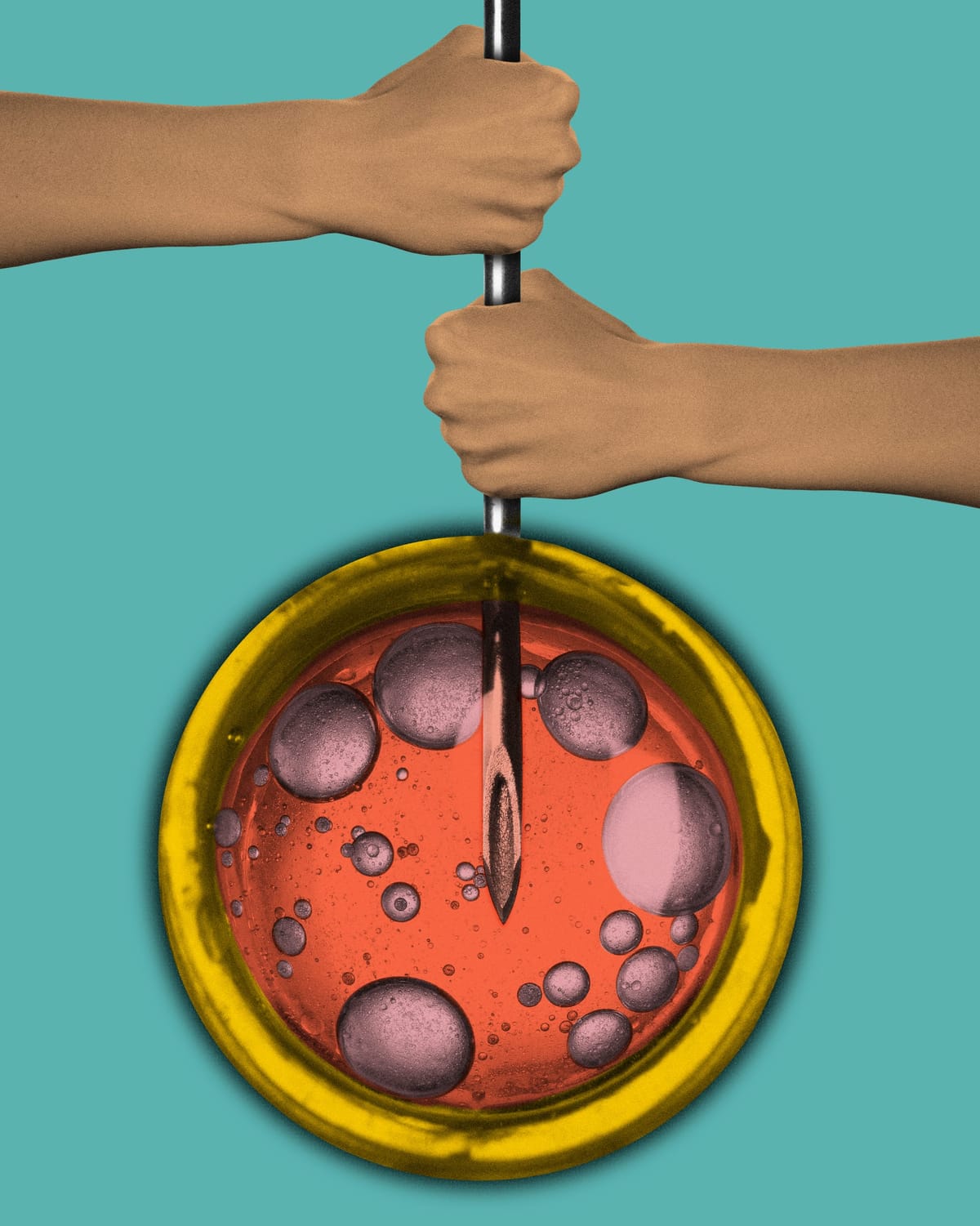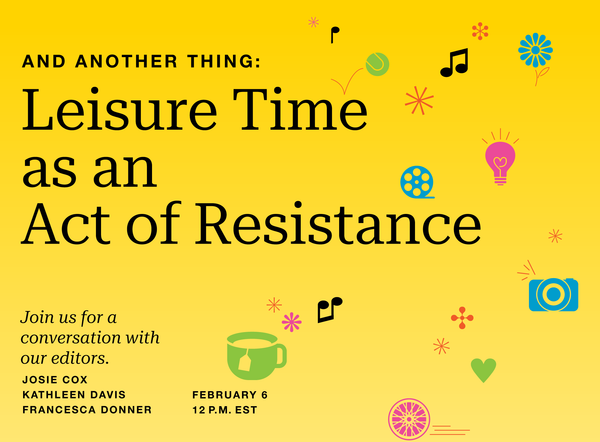IVF Makes More Boys. Now We Understand Why
New research suggests the way embryos are scored might be favoring boys.

A version of this post was first published on the Big Fat Negative Substack. It is reprinted here with kind permission of the author.
Could IVF be skewing the population male?
There’s no question that IVF has radically changed the way we, as a species, make babies. In the U.S., it’s thought around 2% of babies are born as a result of IVF; in other populations the figure is considerably higher. In Denmark, the figure is 9%—in Spain, it’s 12%.
But now new research suggests that, because of the way embryos are assessed in IVF, the technology might actually be changing us, by skewing the baby population male. In other words: IVF might be creating a small bump in the number of baby boys born.
The research, by a team at University College London, assessed the grades of just over 1,300 embryos. Traditionally, embryo grading has worked like this: an embryologist squints down a microscope, then gives each embryo a score based on how quickly it is developing and how regular its cells look. This is known as the Gardner system.

Now, embryologists are increasingly bringing in AI to help—but those processes are imperfect, too.The researchers compared the Gardner system with two AI systems—one which is trained like an embryologist, and one which “works more like a human brain,” Helen O’Neill, one of the researchers, told me. “It can automatically spot different complex patterns.”
The findings, which have not yet been published (and therefore haven’t been peer-reviewed), suggest that both the Gardner system and one of the AIs (the one trained like an embryologist) tended to rate male embryos “good” more often than female embryos.
This isn’t the first time IVF has been found to skew male. A 2010 study published in the journal “Obstetrics & Gynaecology” found that 53% of babies born through IVF were male. The research by O’Neill and her team theorizes that for this we may have the X chromosome to thank. X chromosomes are very large, with 1,800 genes. Y chromosomes, by contrast, have just 78 genes.
“In every single cell of [a woman’s] body, we have two X chromosomes, and every single cell of a male body, they have one large X and then a tiny little Y,” says O’Neill. “And so in every single one of our cells, we have to mute ourselves. We have to downplay our magnificent Xs, and shut one of them down in a process called X chromosome inactivation to compensate for the dosage of genes that you get.”
Her theory is that this X chromosome inactivation might be slowing the development of embryos. “Some studies have found that XY embryos cleave and reach the blastocyst stage faster than XX embryos, potentially due to the additional developmental demands of X chromosome inactivation in XX embryos,” suggests O’Neill’s paper. So the XY embryos are being given a head-start; and the systems we have are rewarding that speedier development by rating them higher than their slower-developing, XX embryos.
What’s worrying is that the research extrapolated its findings onto existing populations, and found that: “If grading tools systematically favor one sex over the other, the cumulative effect in high-IVF-utilisation populations could alter the sex ratio at birth, with biological, social, and ethical implications.”
O’Neill says that the only way to combat this is with more data. If the data that embryologists and some of the AI systems that help them are systemically favoring male embryos, more studies and more data about how embryos develop will balance out that systemic bias.
“We never refresh our assumptions on the central dogmas around biology, we never challenge them,” she said. We should be challenging some of the central dogmas, especially for something [like IVF] that's been around for 40 years.”








